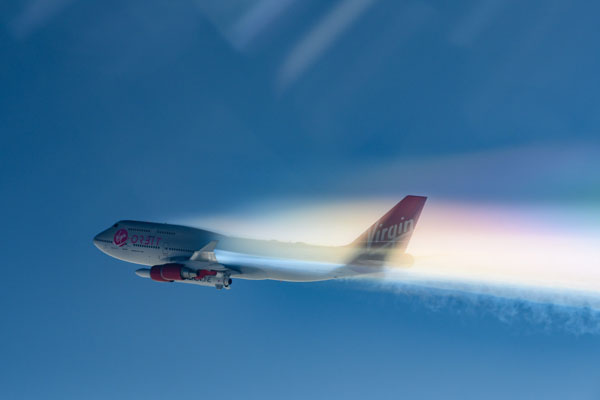
Virgin Orbit’s Boeing 747 Cosmic Girl has arrived at Spaceport Cornwall after a flight from the Moajve Air and Space Port in California.
Within the next month, the aircraft will fly over the Atlantic and drop a LauncherOne booster that will orbit a group of small satellites from the United Kingdom, United States, Poland and Oman. It will be the first orbital launch from the United Kingdom and Western Europe.
Learn more about the mission here.
Rocket Lab in VA
A Rocket Lab Electron booster has arrived at Launch Complex-2 on Wallops Island in Virginia in advance of the company’s first launch from U.S. soil in December. The company tweeted that the next few weeks will be spent on a wet dress rehearsal and payload integration for Hawkeye 360’s radio frequency analytics satellite.
Rocket Lab has launched all missions from Mahia Peninsula in New Zealand. The Wallops Island launch paid will allow the company to better serve the U.S. market. The company will also manufacture its larger Neutron booster in Virginia.
Russian Launch Doubleheader
The failure of a Japanese Epsilon rocket with eight payloads was bookended by a pair of successes as Russia launched two times in as many days from spaceports in different countries.
On Monday, A Soyuz-2.1b with a Fregat upper stage orbited the GLONASS-K 17L satellite from the Plesetsk Cosmodrome in northern Russia. Two days later, a Proton-M rocket launched the AngoSat 1 geosynchronous communications satellite for the Angolan government from the Baikonur Cosmodrome in Kazakhstan.
Russia has launched 15 times this year. The total would be higher, but the nation’s invasion of Europe resulted in the cancelation of six launches of OneWeb broadband satellites and the launch of ESA’s Rosalind Franklin rover to Mars. Russia lags far behind the United States (68) and China (44) in orbital launches.

